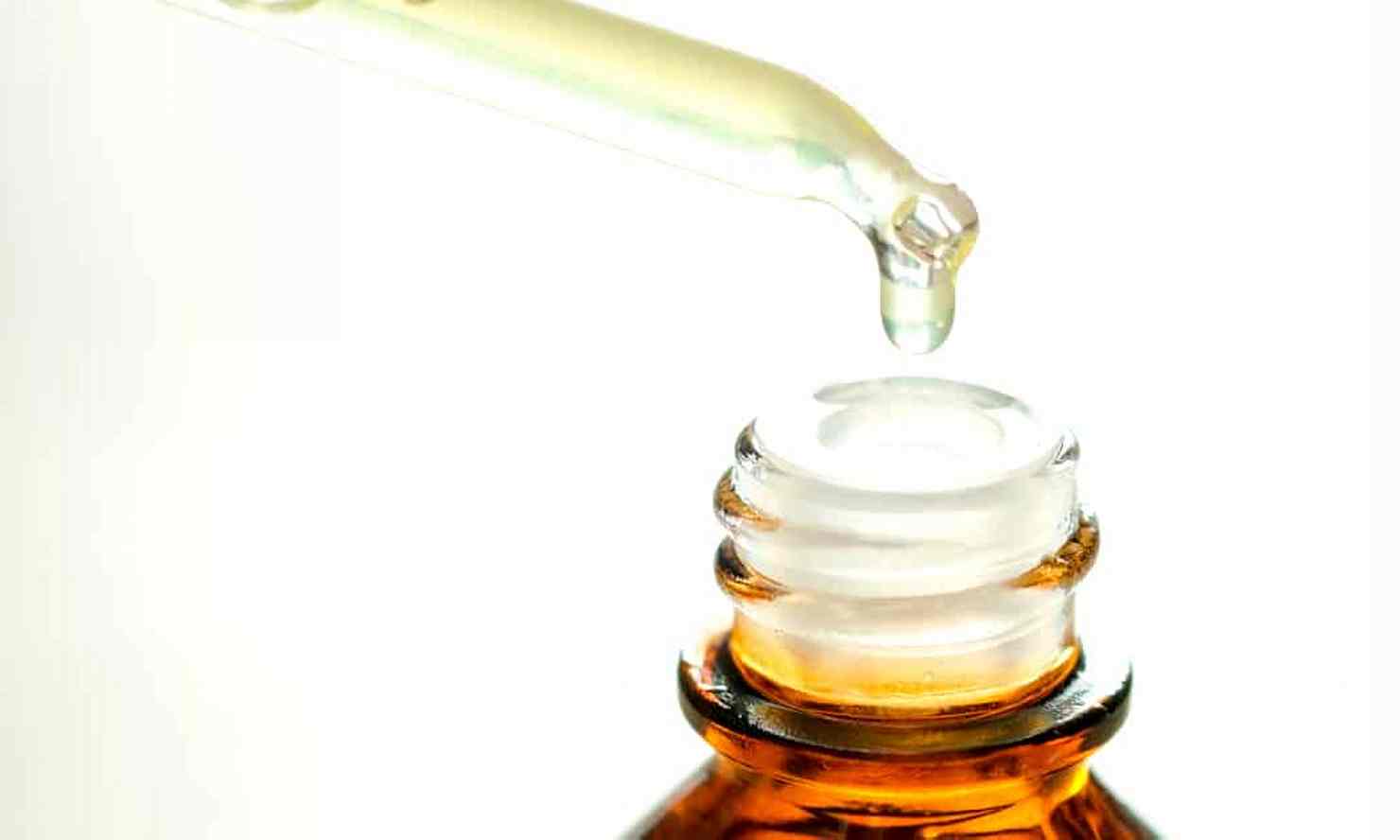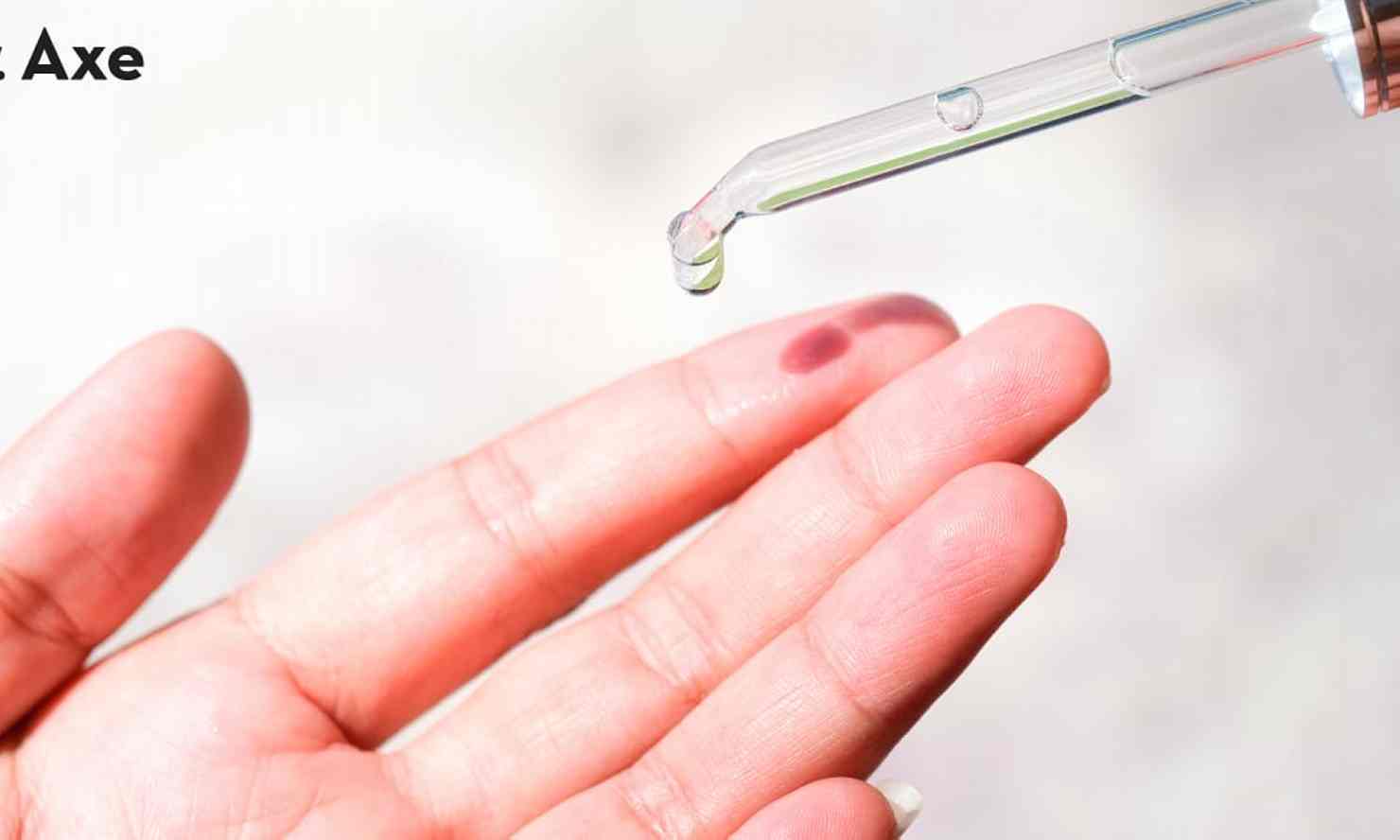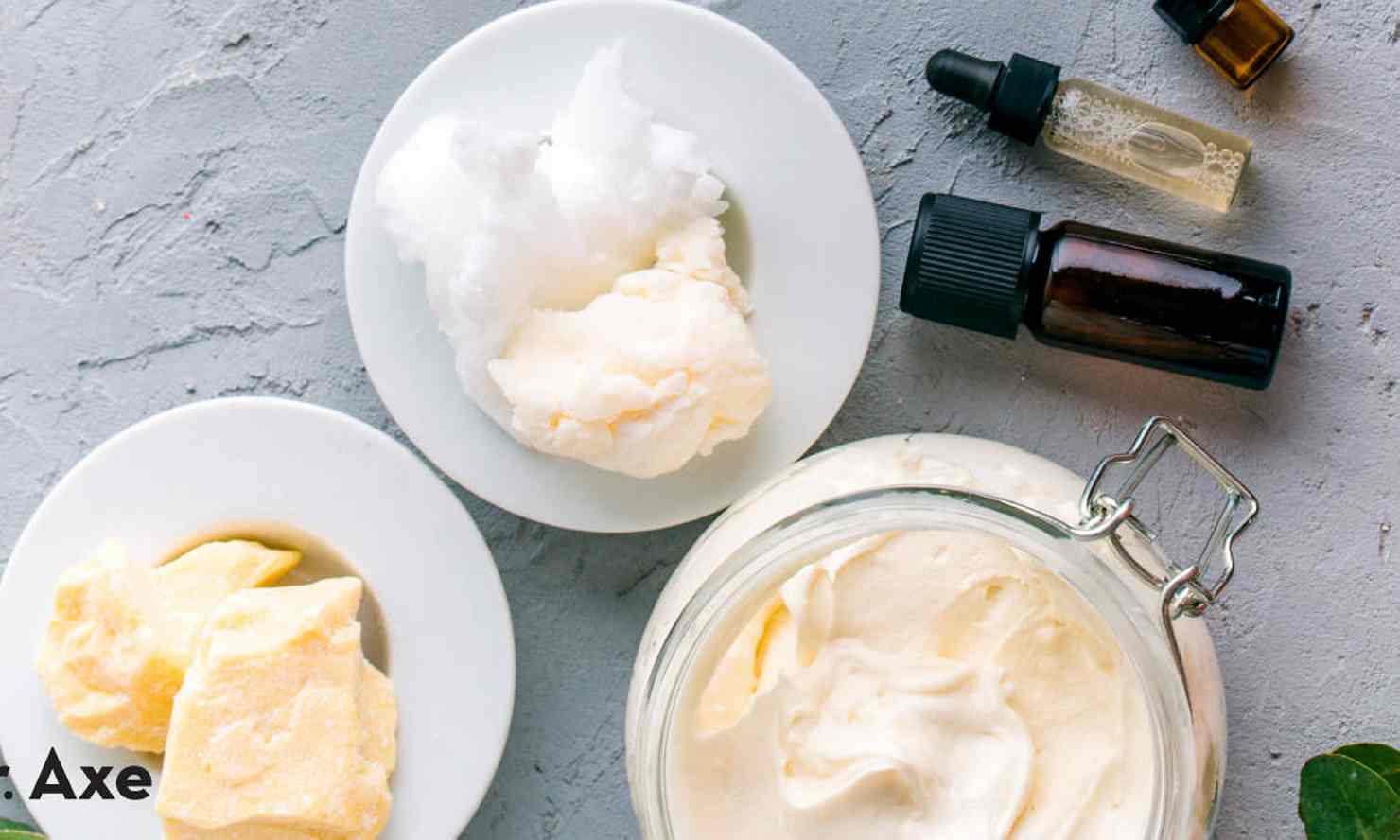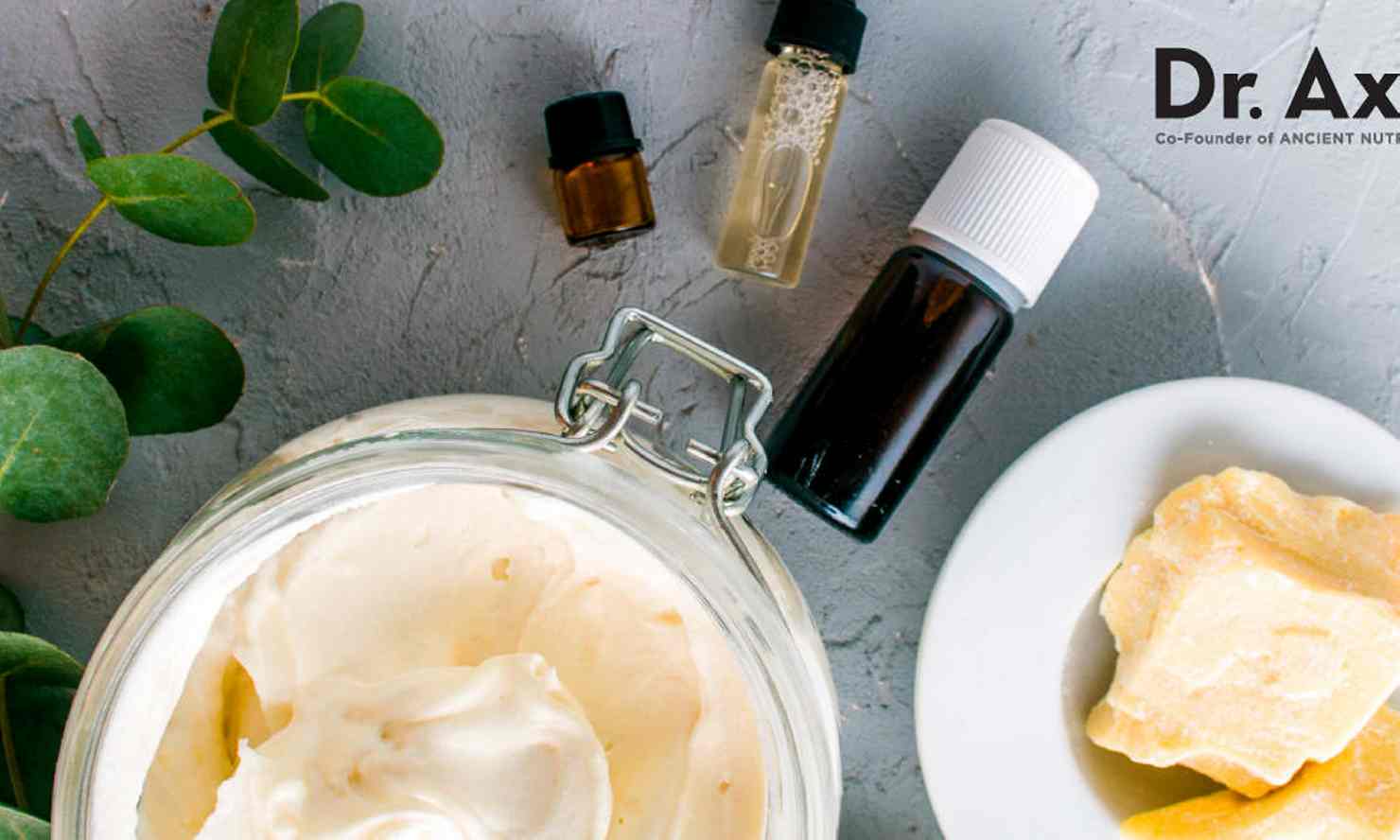
Skincare is so important, so no wonder there’s such a plethora of products out there to choose from — including in our natural foods grocery stores. As a result, it’s pretty confusing, too, with all of the choices on the market. But if you haven’t tried vitamin C, such as a DIY Vitamin C Serum for the Face, you may be missing out some big skin benefits.
While we know that eating vitamin C–rich foods like citrus fruits, berries and dark leafy greens (such as kale) can definitely heal inside the body, making vitamin C as part of your daily skin regimen can heal from outside-in as well! Vitamin C provides repair and growth of the skin tissue. It also contains amazing and powerful antioxidants that can protect the skin from damaging free radicals.
How Vitamin C Works for Youthful Skin
Vitamin C is one of nature’s amazing and naturally occurring antioxidants in nature. While plants can synthesize the vitamin C into useful form, our bodies cannot because we are missing the enzyme L-glucono-gamma lactone oxidase that is required for the synthesis of vitamin C.
That is why we have to obtain our vitamin C from citrus fruits, strawberries, raspberries, papaya and vegetables, like leafy greens and broccoli. Sailors knew this having carried vitamin C-rich foods during their travels to help them avoid scurvy and other diseases. Eating forms of vitamin C is definitely crucial in good health, but absorption of it is limited.
Therefore, applying a DIY vitamin C serum topically can be of great benefit to the skin and can become a part of your natural skin care routine. (1)
Related: Alpha Arbutin Benefits for Skin + How to Use It
Benefits
1. Prevents Changes Due to Photoaging
Because vitamin C is a potent antioxidant, it’s a great option to treat and prevent effects of photoaging. A study of 19 patients between the ages of 36 and 72 years who had Fitzpatrick skin types I, II and III, and mild to moderately photodamaged facial skin were assessed.
The study showed significant improvements by about 68–74 percent improvement in their skin after three months of use of ascorbic acid application. The review showed significant improvement in fine wrinkles, texture and skin tone of photodamaged skin. (2)
2. Reduces Hyperpigmentation
Though hyperpigmentation is relatively harmless, it can cause those unsightly dark spots on the skin, especially the face and hands. Basically, patches of skin appear darker in color. This happens when there is an excess of melanin that creates deposits in the skin.
You may have heard of age or “liver” spots. These are the visible signs of hyperpigmentation and typically caused by damaging sun exposure. Vitamin C is an antioxidant that helps brighten the skin through what is called tyrosinase inhibitors. These little inhibitors help prevent the development of excessive amounts of melanin. (3)
3. Provides Essential Collagen Support
Vitamin C helps develop healthy collagen by teaming up with certain enzymes that are responsible for the effectiveness of collagen molecules. As such, it helps provide support for connective tissue plus the healing of wounds and blemishes on the skin.
Additionally, vitamin C plays a role in collagen synthesis by enhancing the collagen “gene expression” and overall regulation of collagen synthesis. Scurvy, as mentioned above, is due to impaired collagen synthesis — or the result of too little vitamin C. While scurvy is not heard of as much today, it brings awareness to the power of a DIY vitamin C serum for the skin and the importance of collagen support. (4)
Related: What Is Ferulic Acid? Benefits for Skin & Beyond
Homemade Vitamin C Serum
Using a small bowl and a whisk, combine the vitamin C powder and filtered water. Blend well. As mentioned, the vitamin C can help brighten the skin and provide more youthful looking appearance. It can fade age spots and improve elasticity!
Now, add the aloe and blend again. Aloe vera has long been known for its amazing skin benefits. In fact, the ancient Egyptians called it the “plant of immortality.” Today, it’s still used to treat various skin conditions, wounds and burns, and even eczema and psoriasis.
Once you have added the aloe, add the vitamin E oil and the frankincense oil until everything is completely mixed together. Like vitamin C, vitamin E is an amazing antioxidant. When combined with vitamin C and the rest of these ingredients, it becomes even more powerful! The National Institutes of Health Office of Dietary Supplements (ODS) described the process of neutralizing free radicals using vitamin E. These free radicals can cause damage to cells and may even add to the risk of cardiovascular disease and cancer. The ODS goes on to explain that the anti-inflammatory benefits it possesses can inhibit platelet aggregation and provide a boost to the immune system. (6)
Frankincense is one of my all-time favorite essential oils. This ingredient tops off the amazing DIY Vitamin C Serum for the Face due to its ageless properties. It can help reduce acne, eliminate and even prevent wrinkles, and help tighten skin, especially in those saggy spots like just above the jaw line and under the eyes!
Now that all ingredients have been blended, use a funnel to transfer the serum into a dark bottle. It is best to keep it away from bright light and the sun. Using a dark amber bottle can help, and you can keep it in the fridge for up to two weeks.
The best way to use this DIY vitamin C serum for the face is just before bed. Wash your face with this homemade face wash, then use a my DIY rosewater toner. Allow the face to dry, then make sure to gently shake the serum bottle just before use and apply a small amount of my DIY Vitamin C Serum. Again, allow it to dry and top it off with this DIY lavender and coconut oil moisturizer.
Note: The Vitamin C Serum should only be used at night to avoid exposure to the sun. Make sure to cleanse the skin the next morning before applying sunscreen and makeup.





